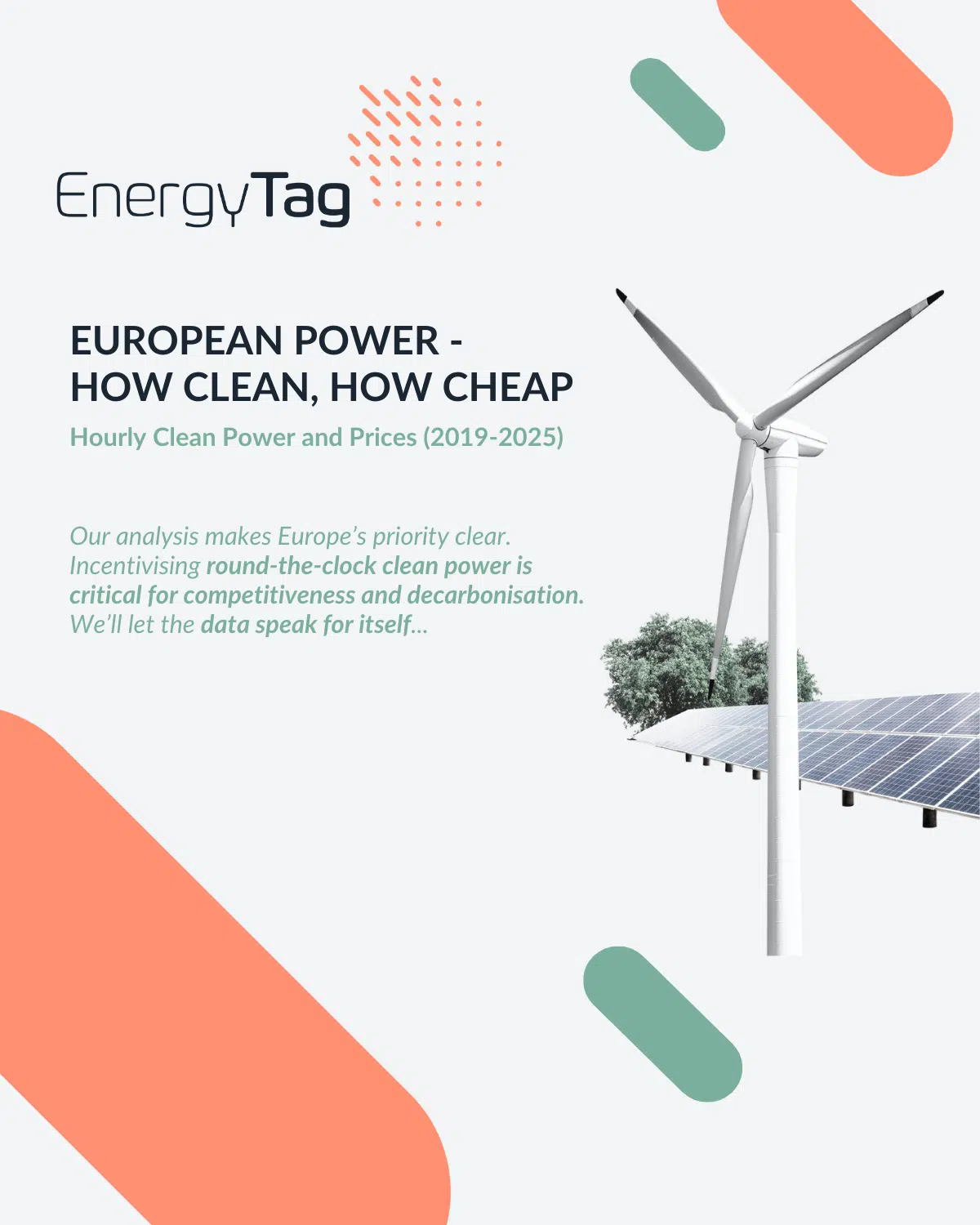
An updated hourly analysis of clean power penetration and prices tells the story of where we have come from, and where we need to focus to deliver clean, cheap power in Europe, around the clock.
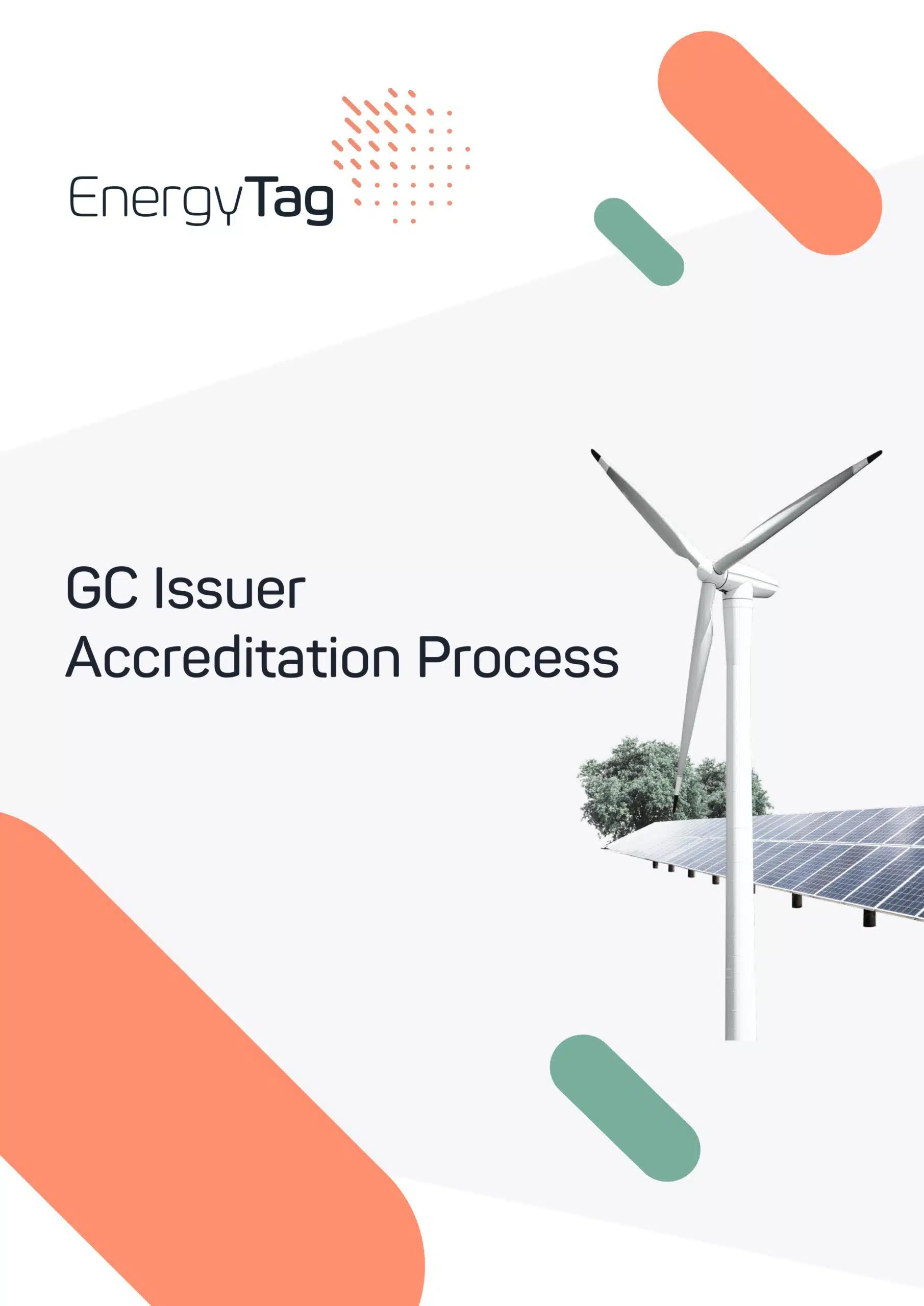
This document details the Accreditation Process to be followed for GC Issuers to claim to be “EnergyTag Compliant” or “EnergyTag Accredited” and use the EnergyTag trademark in making these claims.
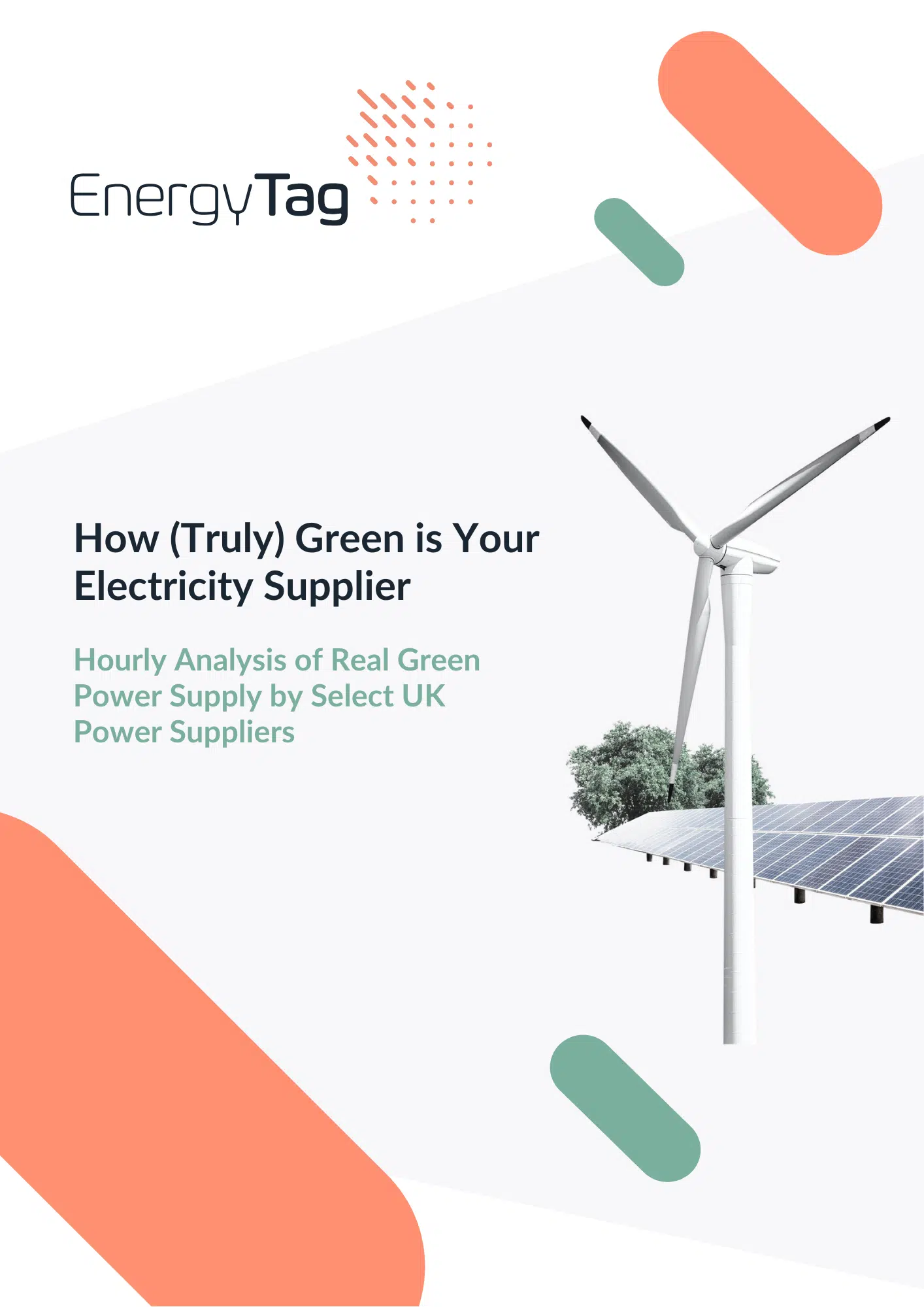
This analysis compares the share of renewable generation in the UK grid with each supplier’s rating on the Matched Clean Power Index – showing how much of their customers’ demand was met by renewable generation, hour by hour.
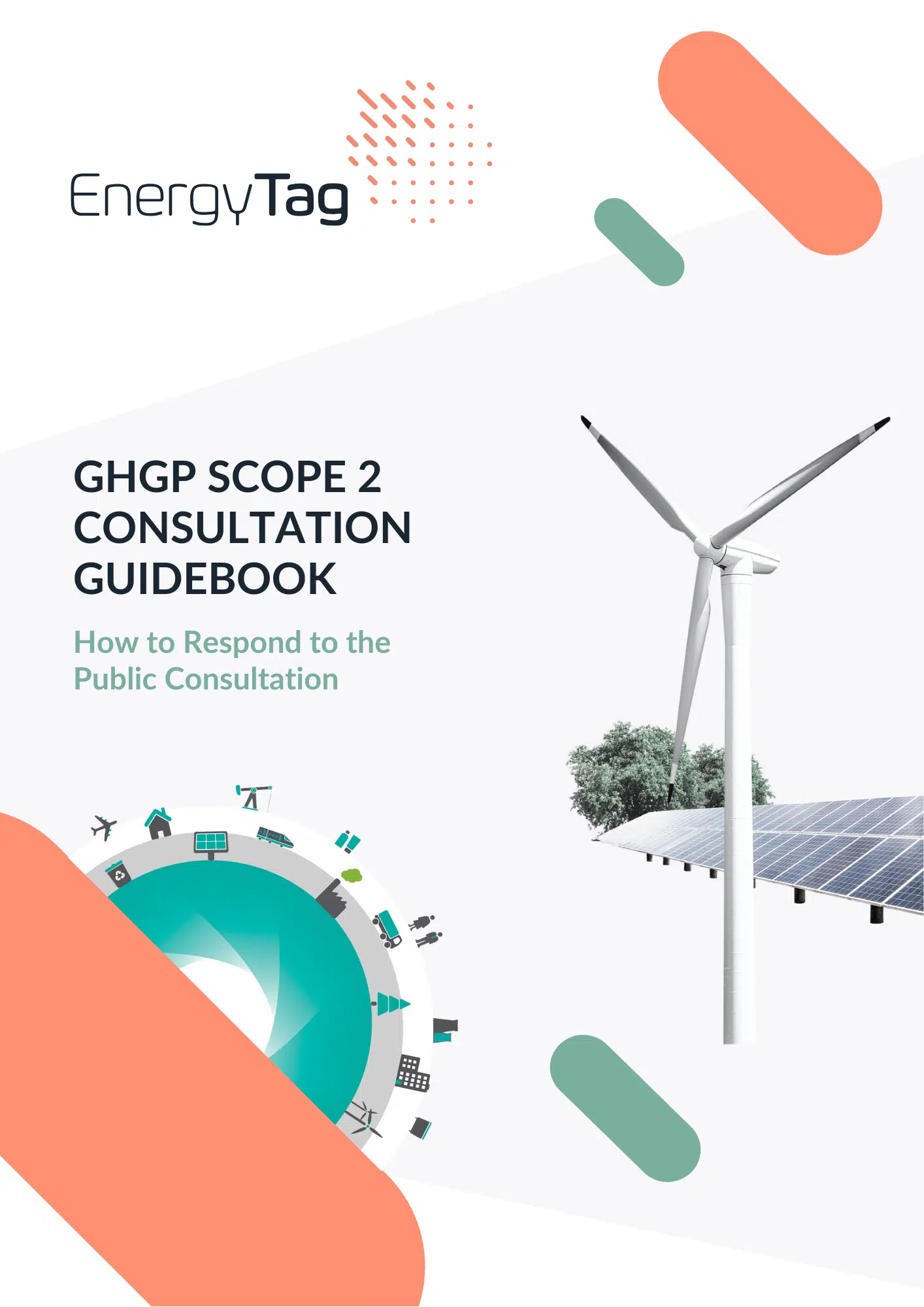
This Guidebook is for the public consultation on the Greenhouse Gas Protocol (GHGP) Scope 2 accounting standard update. It details proposed revisions to increase the integrity and accuracy of corporate clean energy claims, primarily by introducing requirements for hourly matching and stricter deliverable market boundaries for electricity emissions (the market-based method).
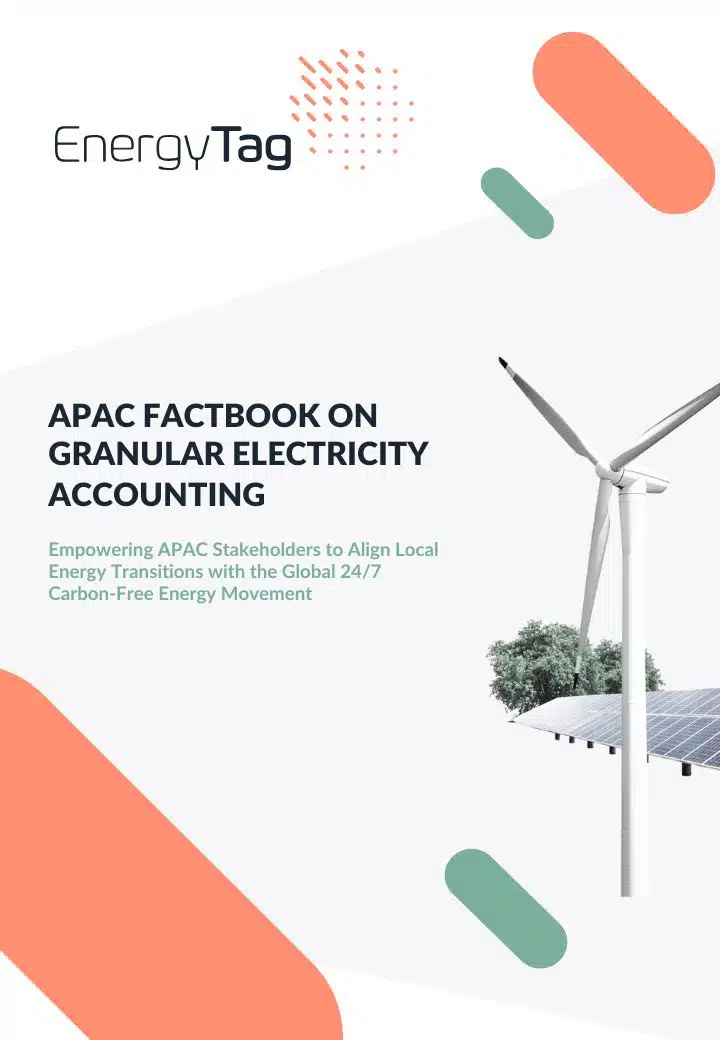
This Factbook provides a concise overview of granular electricity accounting and its role in advancing 24/7 carbon-free energy (CFE) across the Asia-Pacific region. It explains how hourly matching of clean electricity can enhance transparency, strengthen the credibility of clean energy claims, improve system efficiency, and help APAC industries comply with emerging global carbon reporting frameworks such as the GHG Protocol and trade-linked regulations like the EU CBAM. Covering twelve priority markets, the Factbook offers practical insights, policy signals, and case studies to empower stakeholders in shaping resilient and future-ready clean energy systems.
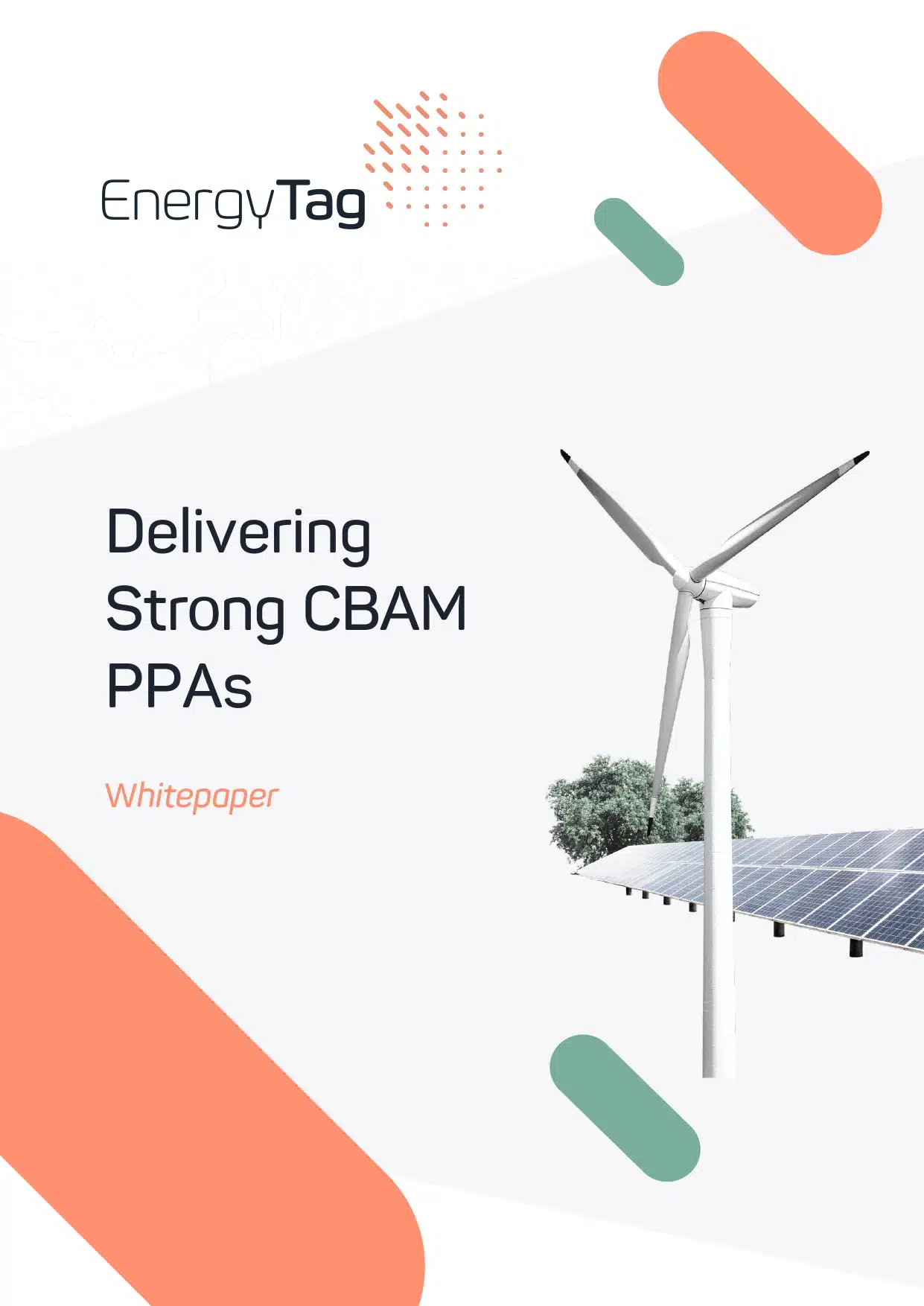
This whitepaper gives an overview of the current status of inclusion of Power Purchase Agreements in the EU’s Carbon Border Adjustment Mechanism in order to enable claims of zero emissions electricity supply, and what details should be added to those rules in order to ensure a robust implementation over the long run.
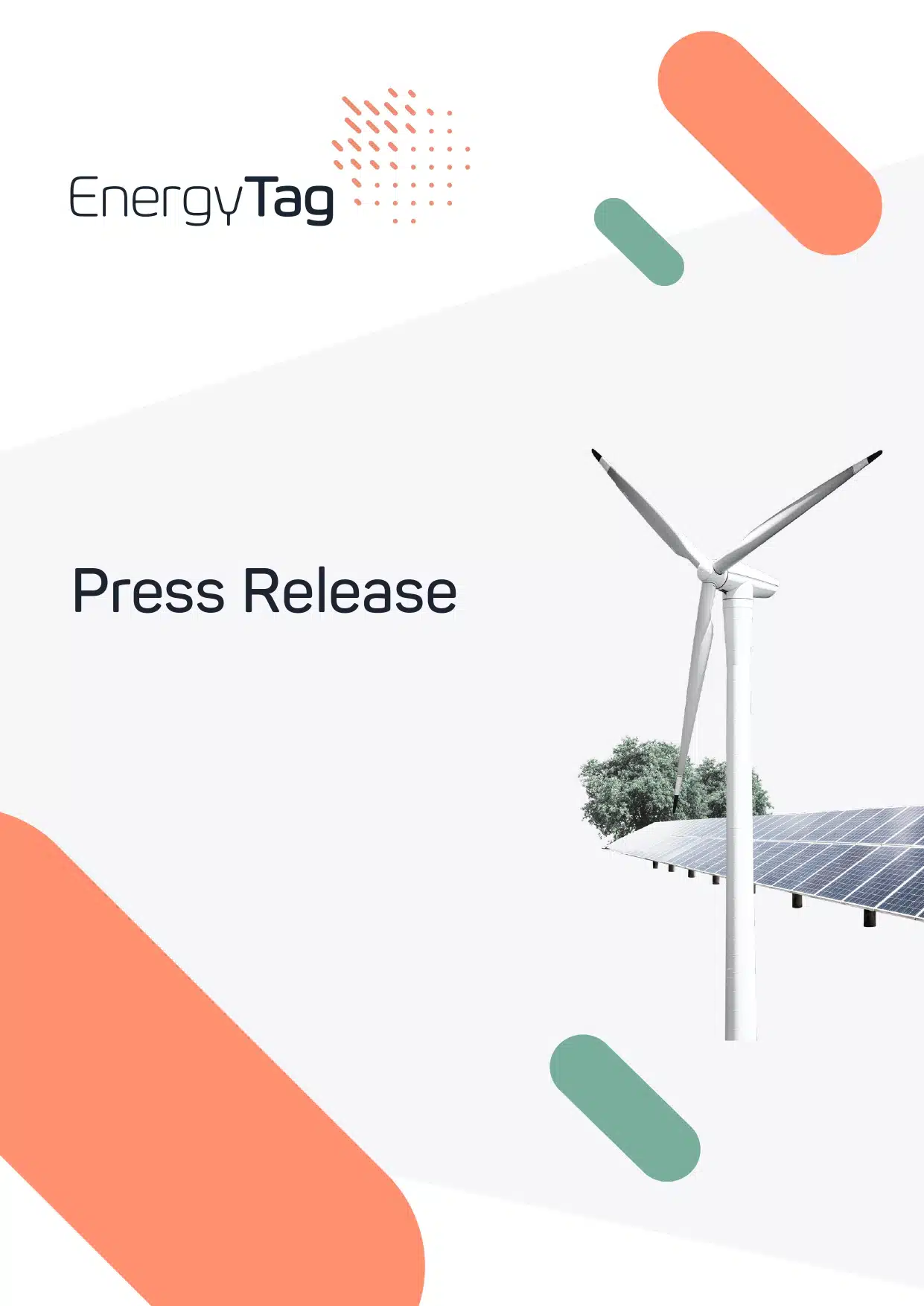
EnergyTag is proud to announce the first-ever official accreditation of two pioneering Granular Certificate (GC) schemes based on EnergyTag’s open-source standards. This marks a significant step forward in enabling transparent, hourly clean energy accounting worldwide and lays the foundation for the next generation of clean energy markets and carbon accounting frameworks.
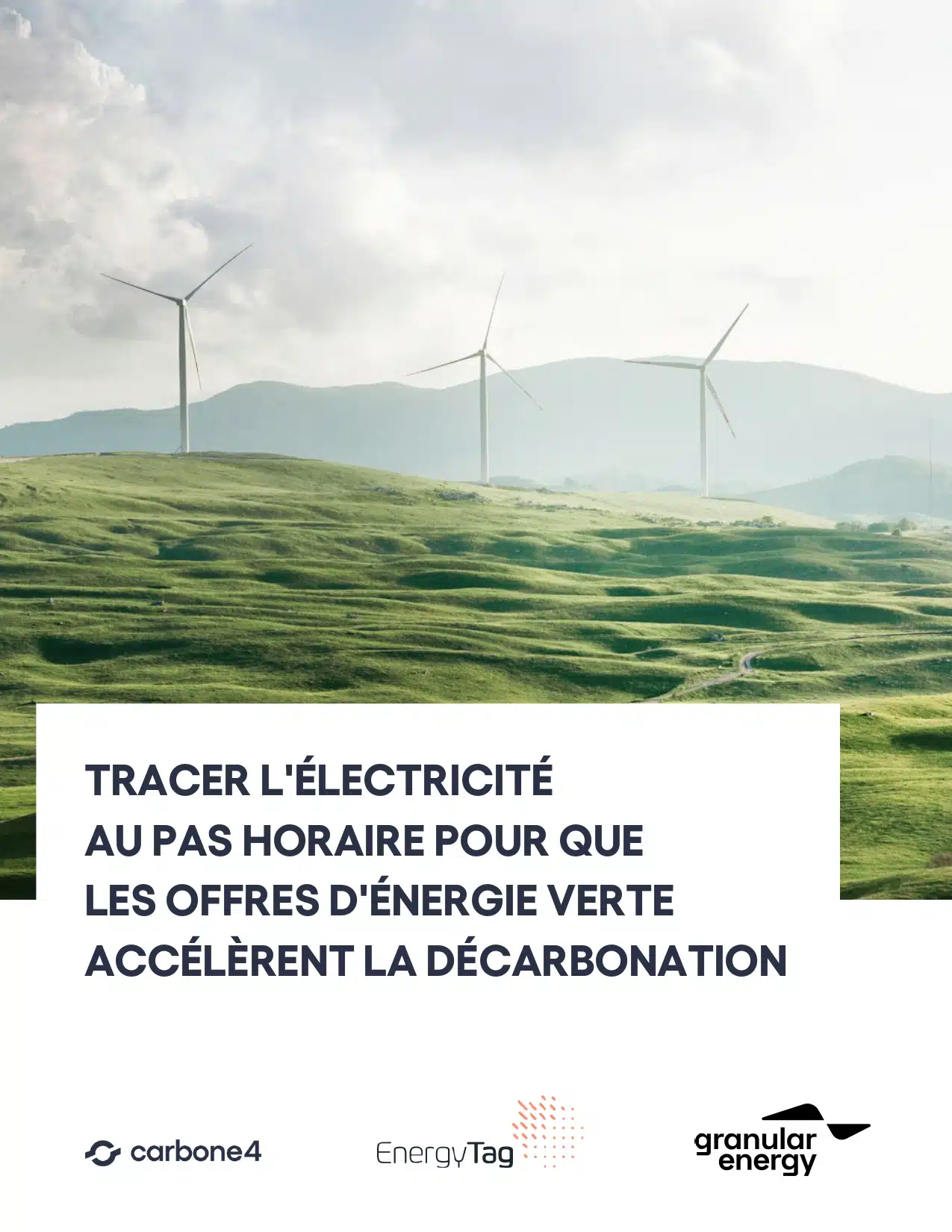
Rédigé par Alexandre Joly (Carbone 4), Killian Daly (EnergyTag), et Bruno Menu (Granular Energy), ce document présente l’importance d’une traçabilité horaire de l’électricité verte pour accélérer la décarbonation en France. Actuellement, les garanties d’origine sont associées à la consommation de manière mensuelle, limitant leur impact réel. Le passage à un “matching horaire” renforcerait la précision de la comptabilité carbone, la confiance des consommateurs, et faciliterait la transition énergétique en adéquation avec les nouvelles régulations européennes.
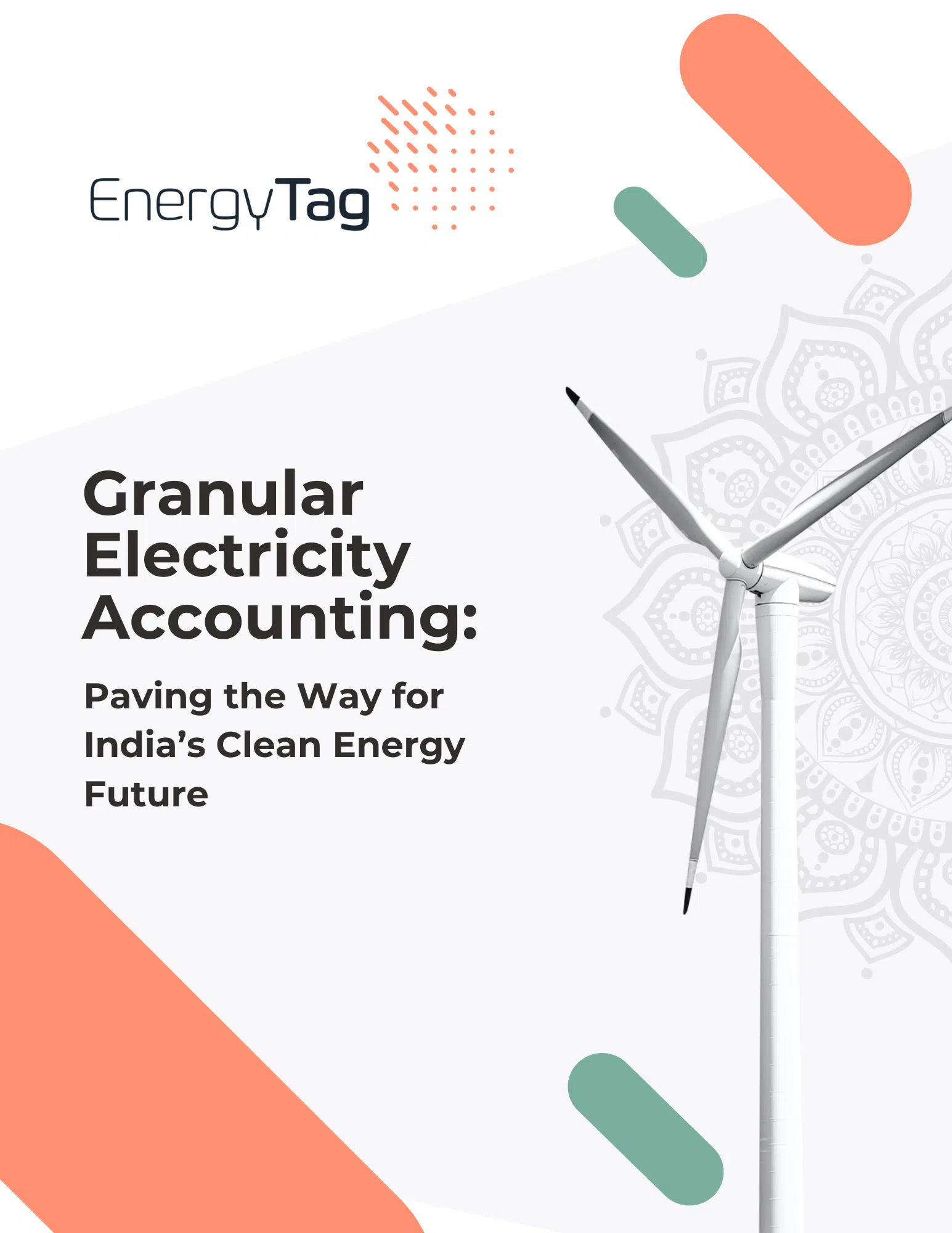
India’s heavy reliance on fossil fuels has raised its share of global energy-related carbon emissions, highlighting the urgency for renewable energy in its decarbonization efforts. Granular electricity accounting can help enable this through real-time clean energy matching which enhances transparency. While a new concept, it builds on existing policies in India like the 15-minute block settlement system, FDRE and G-TAM. Addressing challenges and opportunities is crucial for effective implementation of granular electricity accounting in India.
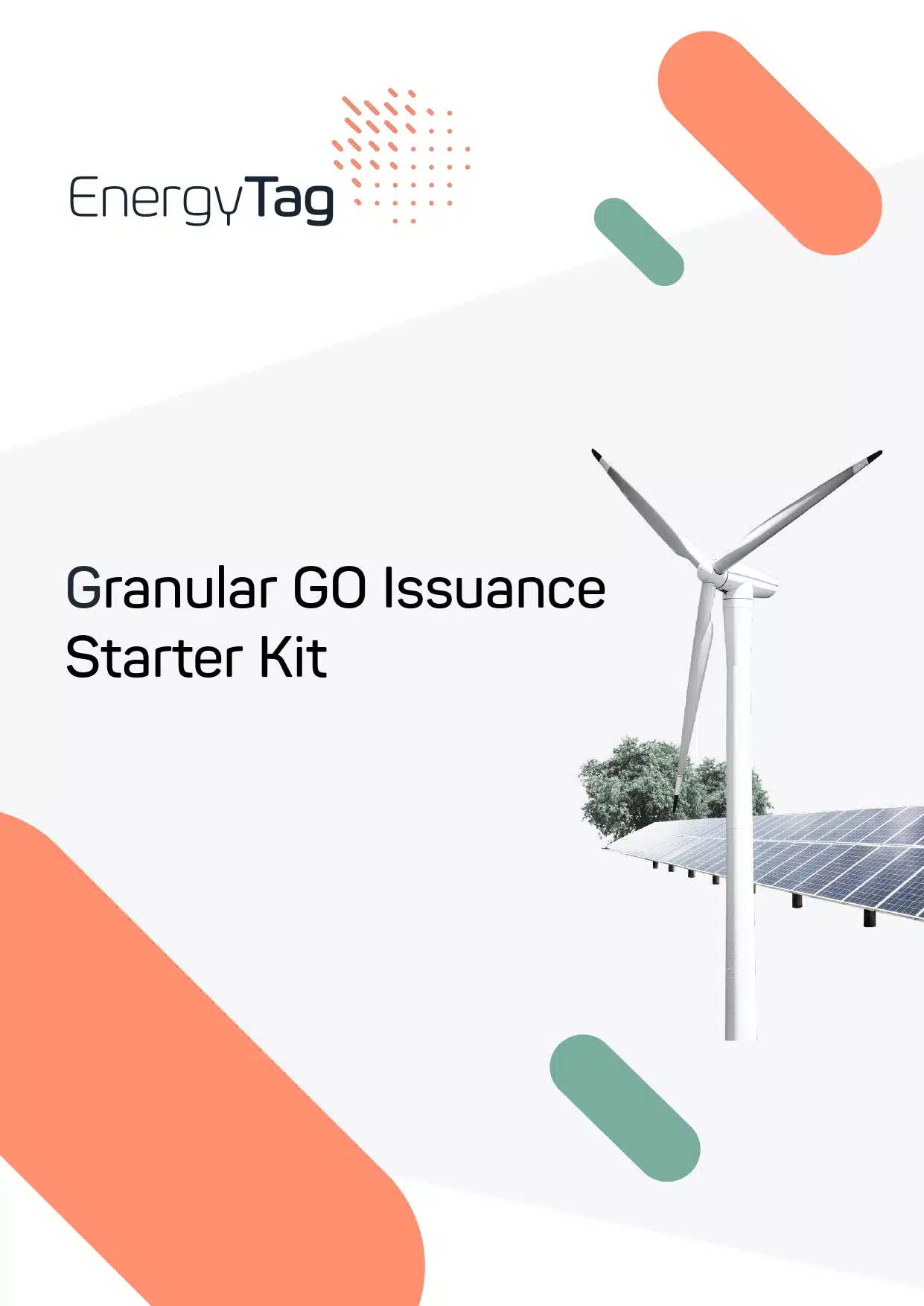
This Starter Kit is intended for GO Issuing Bodies and legislative and regulatory authorities aiming to promote the adoption of Granular GOs within their country. Please note that while the issuance of Granular GOs is encouraged, their use for granular matching is not mandatory and remains at the discretion of the consumer, unless otherwise stipulated by the regulations of the consumer’s country.
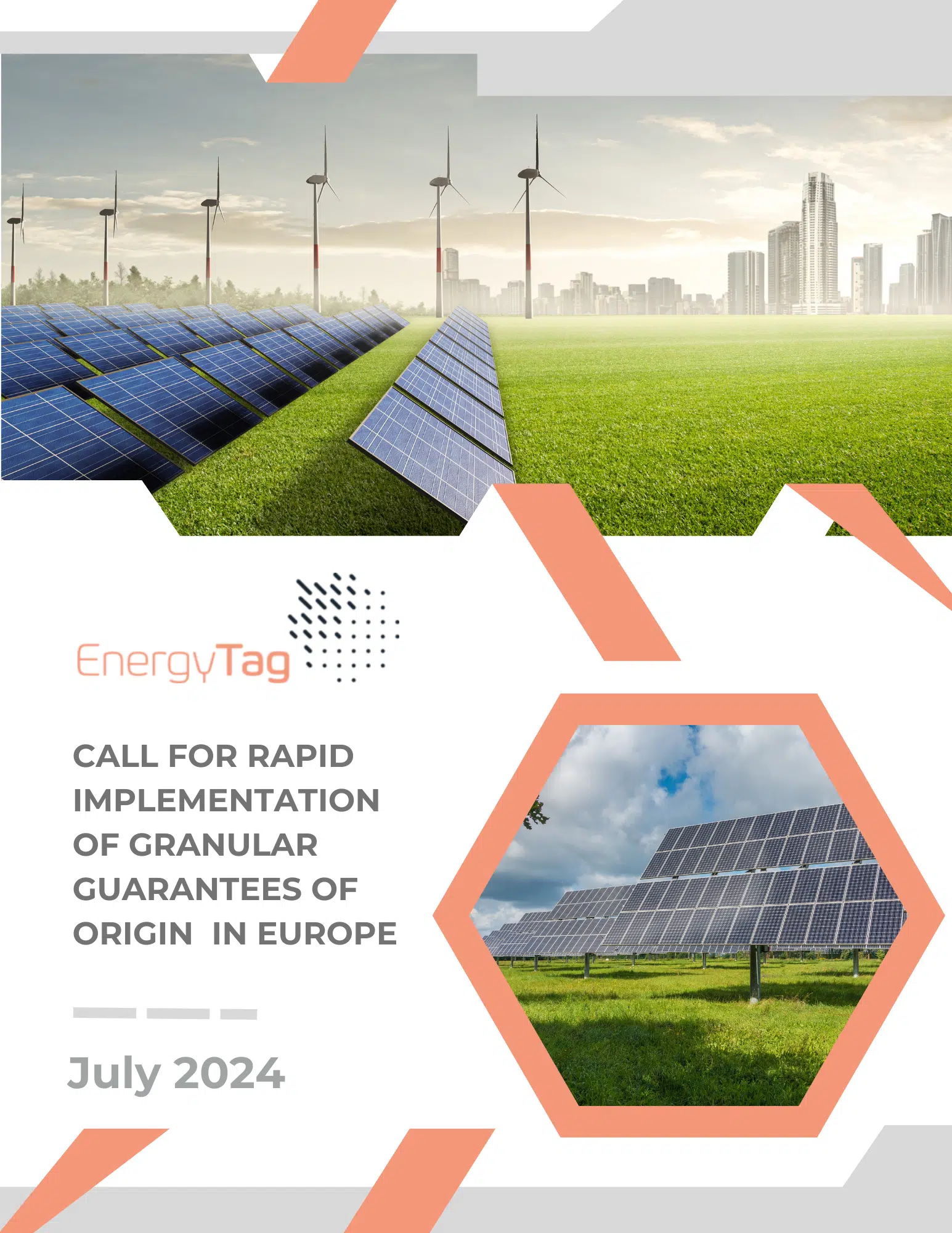
The undersigned organizations, represent industry leaders, solution providers, and advocates who are strongly committed to the acceleration of the European Union’s decarbonization objectives write to express our collective support for the timely implementation of Granular Guarantees of Origin (GOs) within the established issuing bodies of the EU as a voluntary instrument for advanced clean energy products and as permitted in the third Renewable Energy Directive.

The GC Scheme Standard details the criteria to be followed to run a robust GC Scheme. GC Issuers must be EnergyTag Accredited to be “EnergyTag Compliant”.